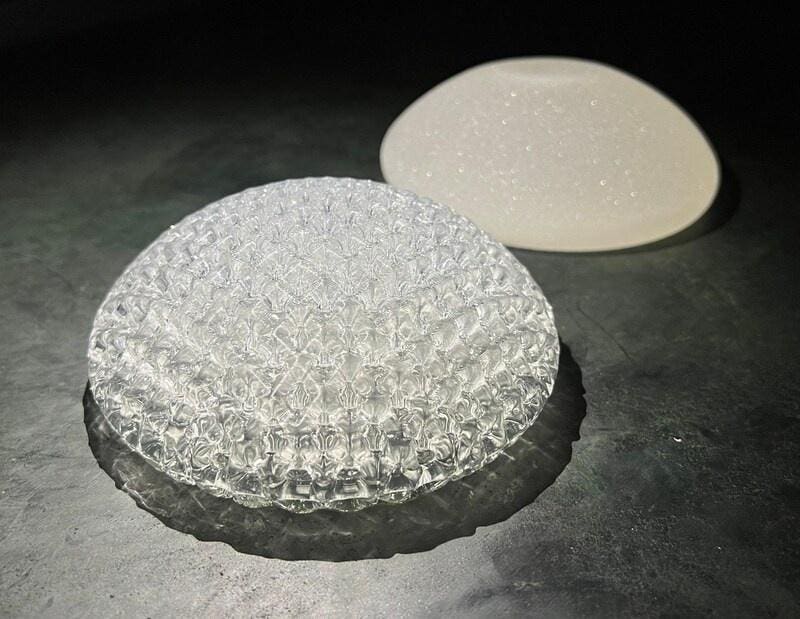Regenerative medicine is a segment of medicine that focuses on treatments to repair or replace damaged tissues, organs or cells and restore function from disease, ageing, trauma or congenital abnormalities.
The market is estimated to be valued at $16 billion in 2023, and sources predict it will reach $49 billion in four years by 2028. Analysts report the market is primarily driven by personalized medicine, expanded therapeutic areas, and more regulatory approvals.
3D bioprinting3D bioprinting offers researchers the potential to study disease progression and screen new treatments for conditions from end-stage organ failure to cartilage defects.
The 3D bioprinting market is set to reach $9.41 Billion by 2032 from $2.87 Billion this year.
On August 28, researchers from Washington State University announced they developed a technique using Bayesian Optimization, an artificial intelligence (AI) method that could enhance the speed and accuracy of 3D printing complex human organs. As part of the study, the team trained the algorithm to identify and print accurate versions of kidney and prostate organ models. The research was published in the Advanced Materials Technologies journal.
In Stanford Engineering’s Future of Everything Podcast, Mark Skylar-Scott, a professor of bioengineering at Stanford University, discussed how he and his team are working on printing a living, working human heart cell by cell—bioprinting with a cell-friendly material to construct a three-dimensional biological shape.
In 2023, a 50-year-old Korean woman received a 3D-printed windpipe at St. Mary’s Hospital in Seoul.
3D-printed breast implants
A new report valued from SNS Insider Research valued the breast implant market at $3 Billion in 2023 and expected the market to reach more than $5 Billion by 2032. The report attributes the growth to the increase in breast cancer, with more than 2.3 million women diagnosed with breast cancer in 2022 and 670,000 deaths worldwide.
The report cites a shift and increase in manufacturers to improve implant procedures. In 2020, Ireland’s GC Aesthetics Inc., one of the leading cosmetic implant companies, announced it received the CE mark for a new breast delivery device (BDD). The new device was designed to facilitate easy and low-touch implant insertion for highly cohesive silicone implants.
A new pre-clinical study from CollPlant and Stratsys is underway to determine whether 3D-printed commercial-sized regenerative breast implants could regenerate natural breast tissue without eliciting an immune response.
CollPlant is a regenerative and aesthetic medicine company focused on 3D bioprinting tissues and organs using plant-based rhCollagen. rhCollagen is identical to the type I collagen produced by the human body. The breast implants will be bioprinted on a Stratasys Origin 3D printer using rhCollagen-based bioink.
Initial results from the study are expected by Q2 2025. In a press statement, the company says their breast implants are designed to regenerate natural breast tissue without eliciting an immune response.
In early 2024, CollPlant reported that previous pre-clinical studies showed evidence of well-developed connective tissue that contained blood vessels in the 3D-printed implant and tissue growth inside the implant.
Read the full article here






